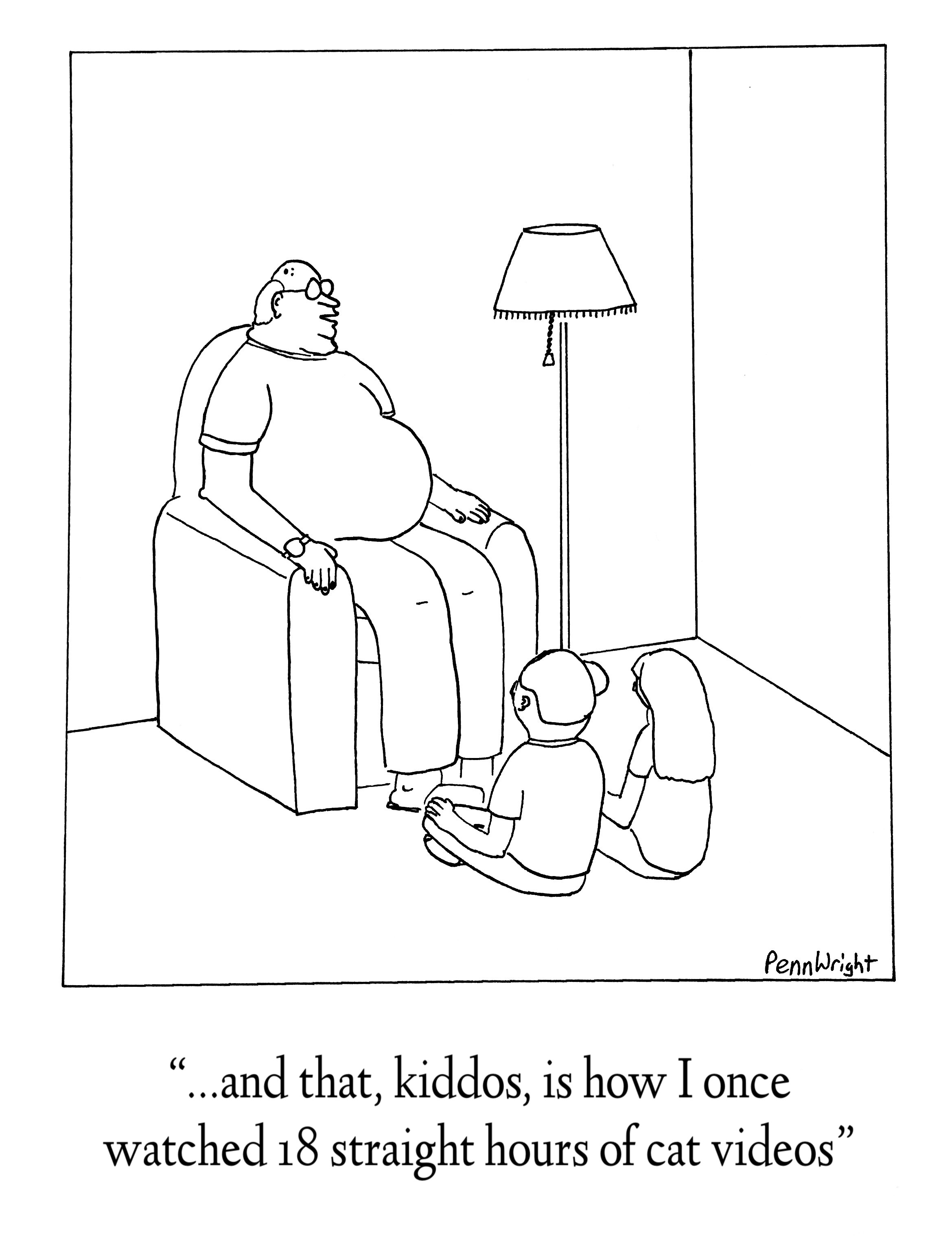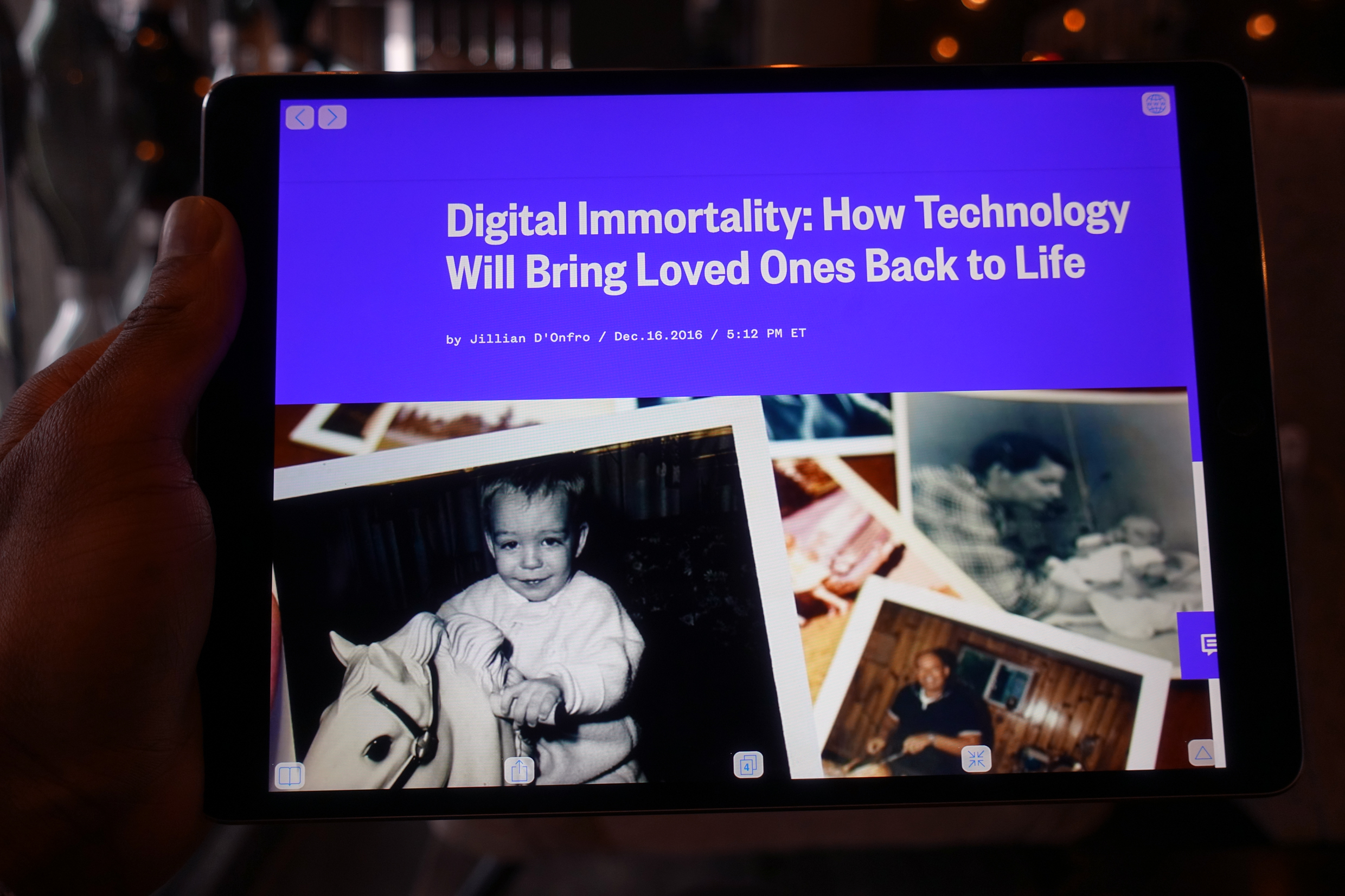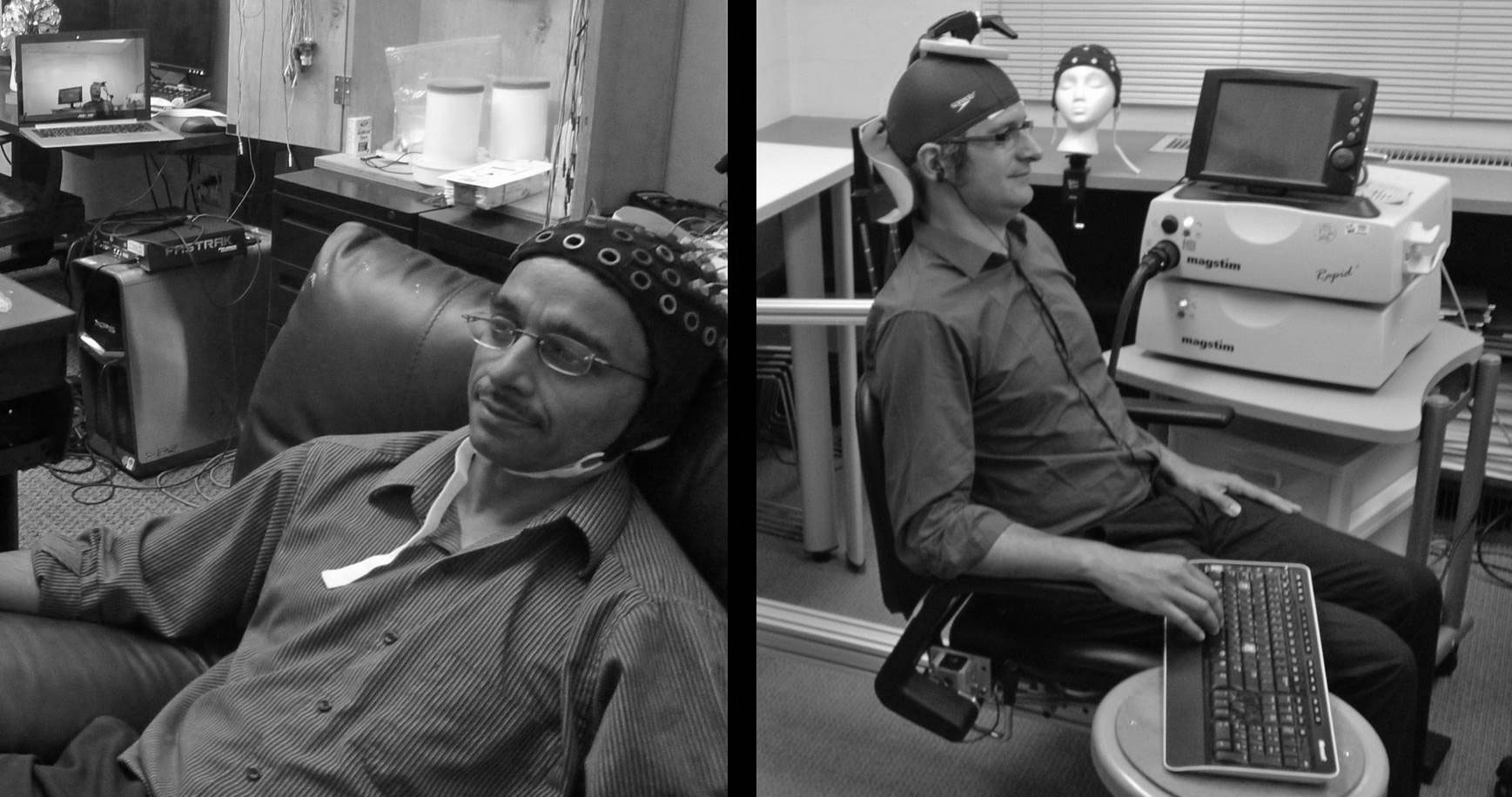No matter how you choose to spend your time on Earth, you will inherently leave behind a legacy. This includes what you’ve created that you will pass along (wealth, assets, knowledge) and what you stood for or represented while you were alive (strong work ethic, humility, etc…). Leaving some sort of legacy to friends and family is partly what makes life worth living.
However, how do the new digital environments which we spend a large amount of our time fit into our legacies? How will one’s Digital Legacy live on?
Leaving a Digital Legacy
Back in October of 2016, I published an article on LinkedIn that spurred someone to comment some hateful things – cursing me out and telling me to stop writing.
I’ve got thick skin so it didn’t bother me. But, it was so uncharacteristic of an executive on LinkedIn (the world’s professional platform) that it got me thinking.
Every action on public platforms contributes to our Digital Legacy. These actions are recorded and archived.
Future kids and grandkids are going to be tech-savvy at a level we may not comprehend right now. A regular Tuesday night might be scraping their grandpa’s Twitter account for all his public Tweets – seeing how he spent his years online.

Tell me, how will that grandparent explain to his grandkid the time he called someone on YouTube a “fat bucket of fried chicken”?
Those precious, “gather round” story-time moments that grandchildren share with their grandparents are soon going to include the actions we take in digital environments.
My grandpa was a fairly secretive man. The few moments that someone got him to open up about his past, we all got quiet and listened because we knew there was a great story coming.
Today, digital environments record many of these great stories for us. Vacations, activities, and everyday pictures are logged on Instagram. Visual conversations are logged on Snapchat. Raw emotions are logged on Twitter rants.
The beauty of a Digital Legacy is that it’s extremely transparent. And also acts as a time capsule.
From here on out, digital environments will provide a lot of clarity to the identity of a person’s life. But, there’s more to a Digital Legacy than stories.
Inheriting a Digital Estate
Over a lifetime, we accumulate “things” and “stuff”. Some of it valuable, some useless, and some priceless. Increasingly, more of these accumulated assets are becoming digital.
You might have dozens of email, social media, and other accounts, a few digital content subscriptions (Netflix, Apple Music, etc.), and hundreds of personal media files (pictures and videos).
These are assets you may want to pass along to family or friends.
For me, I’ve spent tens of thousands of dollars building a massive archive of digital music, ebooks, and online movies. No different than a box of records, a shelf of books, and a cabinet of DVDs – I want my Digital Estate to be passed along and enjoyed by others once I pass away.
Unfortunately, there aren’t simple ways of doing so. One proposed law, the Fiduciary Access to Digital Assets Act (FADA) aims to make digital asset transfer legal. But, it’s far from being passed.
Additionally, considering a Last Will & Testament eventually becomes publicly available, the last thing you want to do is bequeath your passwords over this public document.
Some of the larger online entities (Google, Facebook, LinkedIn, Instagram) provide options for people to memorialize the accounts of the deceased. But, it’s somewhat of an arduous process and mostly prevents others from taking over the account.
Also, this doesn’t account for the thousands or millions of other accounts out there that don’t have these options.
Nonetheless, we can agree that our loved ones’ digital assets shouldn’t pass away with them. Preserving social media accounts and other services is a way of preserving great memories.
As we accumulate more digital assets, the need for Digital Estate management will grow. We can expect to see services pop up in the coming decade that makes the process of Digital Inheritance easier.
The Collective Legacy
One of the highest behavioral motivators is wanting to be remembered, to make a lasting accomplishment in the name of society. It’s partially what fuels innovation and economy.
But, it is far from foolproof. And one of the greatest creatives of our time, Kanye West, brings up some very interesting questions:
“What makes us be so selfish and prideful… what keeps us from wanting to help the next man? What makes us be so focused on a personal legacy as opposed to the entire legacy of a race?”
The pride we take in wanting a legacy for our name often forces us to forget about the person standing next to us.
I’m a firm believer that dedicating your time to the goals of others pays huge returns for your own missions… As long as you aren’t helping others to help yourself.
Balance the time you invest in building your legacy and the collective legacy of our race because they are equally important to leading a fulfilling life.


